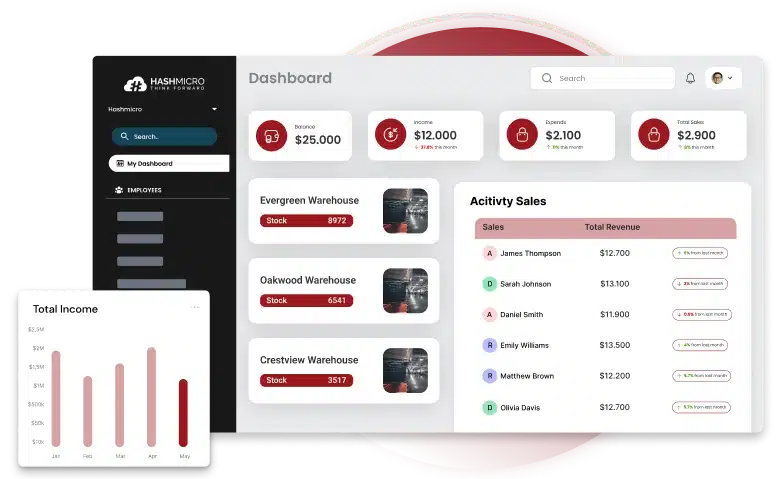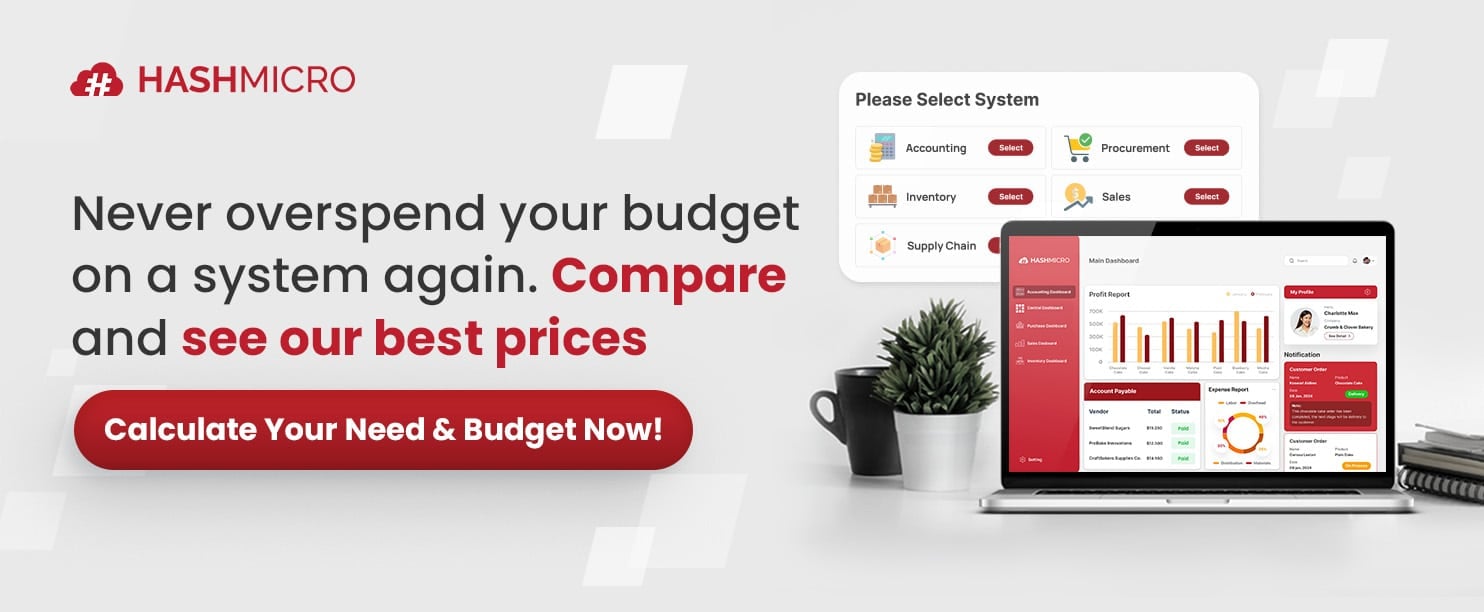Managing a fleet can feel overwhelming. What if there were a way to streamline operations and enhance productivity? Fleet management requires businesses to constantly reduce costs while ensuring efficiency, creating a challenging environment.
Every manager faces the reality of rising operational expenses and the need for effective resource allocation. Without a proper strategy, even the most seasoned teams can fall behind in a competitive market.
In this article, we will explore fleet management, why it’s necessary, and how it works.
Table of Content
Content Lists
Key Takeaways
|

What is Fleet Management?
Managing a vehicle fleet involves overseeing a company’s vehicles, drivers, maintenance, and compliance with regulations. This process is crucial for optimizing resources and improving operational efficiency.
In Malaysia, just like mining asset software, effective fleet management software is essential for businesses aiming to maintain a competitive edge. With the right tools, companies can minimize costs and maximize fleet performance, ensuring timely deliveries and satisfied customers.
Why is Fleet Management Necessary?
Managing is important for cutting operational costs. Businesses can save a lot of money by finding the best routes and monitoring fuel use.
Moreover, effective management enhances safety and compliance. Regular vehicle maintenance and driver training reduce the risk of accidents and legal issues. Ensuring compliance with regulations also helps avoid costly fines and penalties.
Lastly, this management improves customer satisfaction. Timely deliveries and efficient service build trust with clients. When a business can dependably meet customer expectations, it fosters loyalty and repeat business.
How Does Fleet Management Work?
A key fleet management feature is GPS tracking, which allows companies to monitor vehicle locations in real time, facilitating better route planning. This leads to improved efficiency and reduced fuel costs.
The system also includes maintenance scheduling and vehicle inspections. By proactively addressing maintenance issues, businesses can prevent breakdowns and costly repairs, keeping the fleet running smoothly and minimizing downtime.
Driver performance is another crucial aspect. By monitoring behaviours such as speeding and harsh braking, companies can implement training programs to enhance safety and efficiency, ultimately leading to better performance.
Common Problems in Fleet Management
Transport management faces several challenges that can affect efficiency and profitability. Understanding these issues is vital for companies looking to optimize their operations and improve their financial results.
1. High operational costs
Rising fuel prices and maintenance expenses can strain budgets. By identifying inefficiencies and optimizing routes, businesses can significantly reduce these costs.
2. Inefficient routing
3. Compliance issues
Keeping up with ever-changing regulations can be daunting. Non-compliance can result in fines, making it essential for businesses to stay informed and ensure proper documentation.
4. Vehicle downtime
Unexpected breakdowns disrupt operations and impact service delivery. Regular maintenance schedules can help prevent these issues, ensuring that vehicles remain in optimal condition.
5. Driver safety
Accidents pose significant financial and reputational risks. Monitoring driver behavior and providing targeted training are crucial for enhancing safety and reducing liability.
Elevate Your Fleet Management with HashMicro Solutions

HashMicro streamlines fleet management tasks, enabling businesses to enhance productivity and focus on their core operations.
With HashMicro, companies can reduce operational costs and improve service delivery. The solution ensures vehicle compliance and promotes efficient operations, leading to greater customer satisfaction and optimized management practices.
Features:
- Cost tracking: Easily monitor the value of your vehicles, leasing expenses, fuel costs, and maintenance fees through a single platform.
- Maintenance scheduling: Easily perform periodic maintenance with automated administrative processes. Receive automatic reminders for upcoming schedules.
- Document management system: Track vehicle documents, including rental agreements and insurance premiums, and receive alerts when they approach their expiration dates.
- Internal transfer management: Our system allows you to easily transfer vehicles between internal locations and monitor processes in real time.
- Work order management: Create and organize work orders to assign drivers, set routes, delegate maintenance tasks, and more.
- Internet of things integration: Our system can integrate with IoT to facilitate tracking of vehicle locations, odometer readings, fuel usage, and maintenance through automated alerts.

Conclusion
Effective fleet management is crucial for optimizing operations and reducing costs. Businesses can navigate challenges and improve overall performance by implementing a solid system.
HashMicro offers comprehensive solutions that cater to the specific needs of fleet management in Malaysia. With features that enhance efficiency and ensure compliance, it’s a strategic choice for any business.
Ready to transform your fleet operations? Sign up for a free demo today and discover how our software can benefit your business!
FAQ
-
What is fleet management?
Fleet management refers to administering a company’s vehicle, aiming to improve efficiency, reduce operational costs, and ensure compliance with regulations.
-
What are the key benefits of fleet management?
Key benefits include reduced fuel costs, improved vehicle maintenance, enhanced productivity, and minimized accident risks.
-
How does technology impact fleet management?
Technology such as GPS, telematics, and management software facilitates vehicle tracking, data analysis, and better decision-making, ultimately improving performance.




































